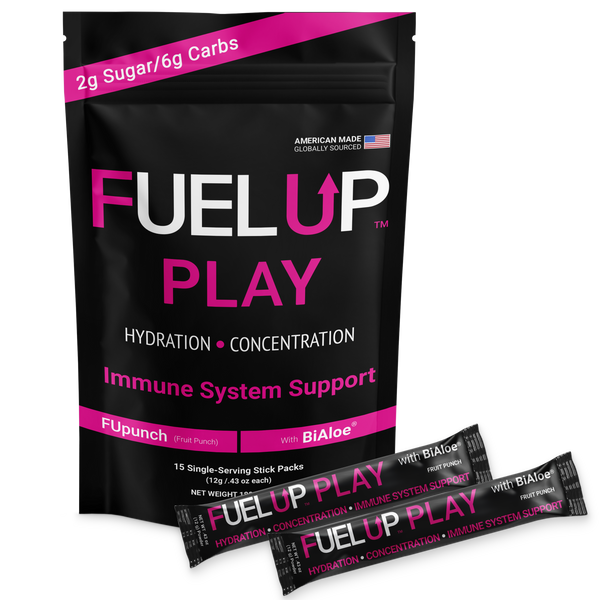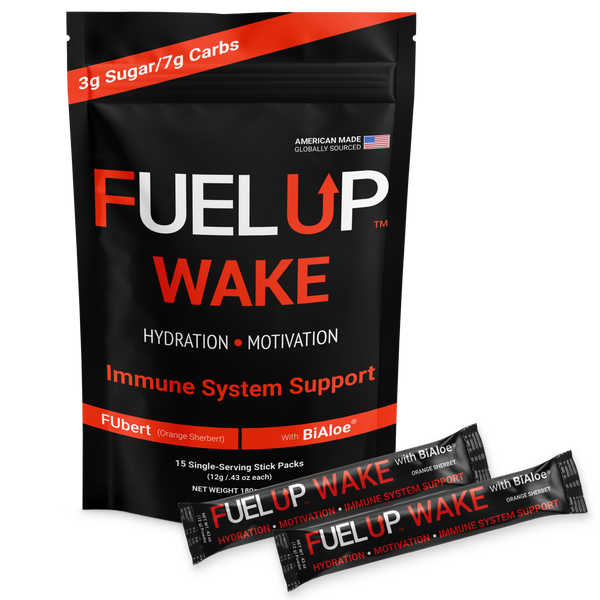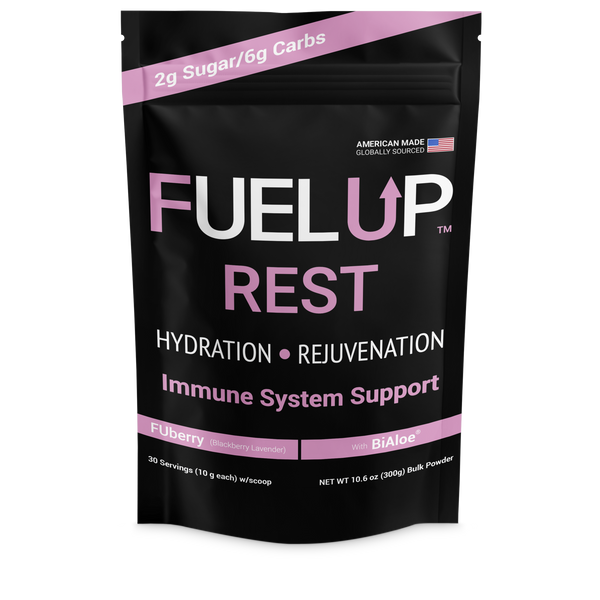When you’re shopping for drinks and supplements, do words like "electrolyte," "vitamin," or "mineral" pop out from brightly colored labels? You’re not alone. But what do these terms really mean—and why do they matter? Whether you’re gearing up for a workout, planning a long run, or simply aiming to stay healthy and hydrated, understanding these ingredients can make a big impact on your choices.
What Are Electrolytes, Really?
You’ll see "electrolyte" everywhere—from sports drinks to hydration tablets. But at its core, an electrolyte is a mineral found in your blood and other body fluids that carries an electric charge. The most common electrolytes are sodium, potassium, magnesium, calcium, and chloride.
Why do they matter?
Electrolytes help balance the amount of water in your body, support nerve function, muscle contraction, and even regulate your heartbeat. Sweat heavily? You’re losing these vital minerals along with fluid. That’s why replenishing both fluids and electrolytes is key for hydration and recovery during prolonged or intense activity.
Vitamins: The Micronutrient Powerhouses
Vitamins are essential micronutrients your body needs to function—but can’t make in sufficient quantities on its own. Popular hydration and wellness products often include vitamins such as vitamin C, B-complex (like B6 and B12), and vitamin D.
Why do they matter?
Each vitamin serves a unique function.
-
Vitamin C helps with immune function and cell repair.
-
B Vitamins assist with energy metabolism, helping your body convert food into usable energy.
-
Vitamin D supports bone health and immune function.
For active people, vitamins play an important role in supporting energy production and overall well-being—even as you’re pushing your limits.
Minerals: Beyond Electrolytes
While some minerals double as electrolytes, "minerals" is a broader category. In addition to sodium and potassium, minerals like iron, zinc, and selenium support everything from oxygen transport to muscle repair and immune defense.
Why do they matter?
-
Iron is crucial for delivering oxygen to muscles.
-
Zinc and selenium are needed for cell growth, repair, and fighting oxidative stress.
If you’re training hard or following a restrictive diet, being aware of your mineral intake helps keep you performing at your best.
How to Read Labels Smartly
Product labels can feel like a maze. Here are a few tips:
-
Look for transparent labeling: Are ingredient quantities listed?
-
Consider your activity level: Higher intensity or duration may require more sodium or potassium.
-
Choose products that match your needs—more is not always better, especially if your daily diet already offers sufficient vitamins and minerals.
Finding a Trusted Source
When you’re committed to your health and performance, understanding what’s in your hydration and wellness products is key. Look for brands that share the science behind their formulas and use clear, honest labeling.
If you’re seeking a hydration option that combines key electrolytes, select vitamins, and minerals—without added hype—Fuel Up Hydration is one to consider. Designed to support active lifestyles, it offers a balance of ingredients to help you stay hydrated and support overall wellness, based on current nutrition science.





